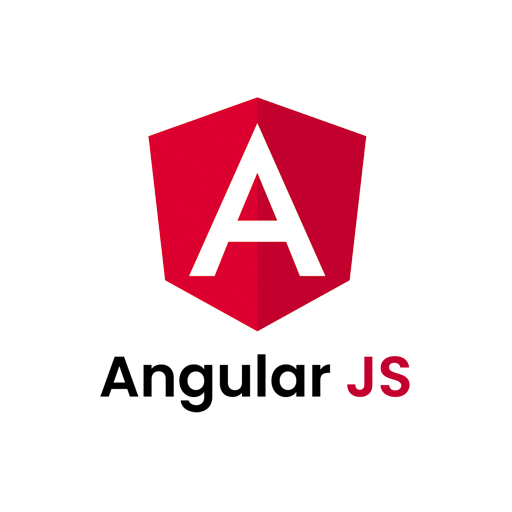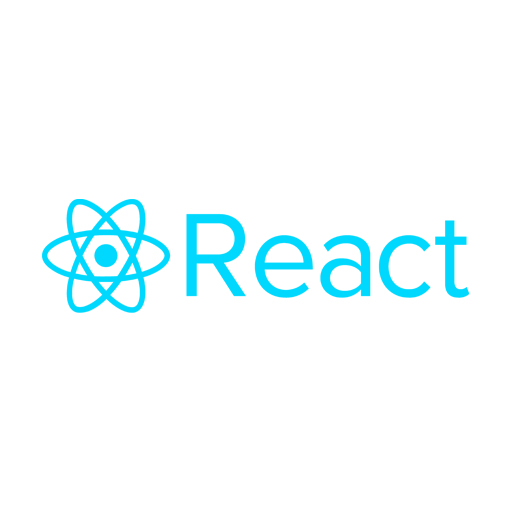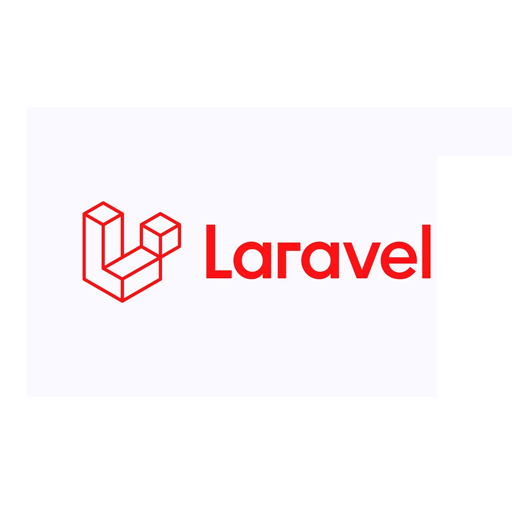
Transform your digital presence with Techcmantix — a premier Angular Js web development company in Trichy specializing in building fast, interactive, and feature-rich web applications. Our expert Angular JS developers harness the full power of this robust JavaScript framework to create seamless, dynamic user interfaces that perform flawlessly across devices.
We focus on delivering scalable, maintainable, and high-performance applications that enhance user engagement and drive business results.
Whether it’s a single-page application, custom dashboard, or enterprise-grade web solution, our team ensures optimal speed, clean code architecture, and exceptional functionality. We combine innovation, technical precision, and UI/UX excellence to craft AngularJS applications that not only look great but also deliver measurable success.


Leveraging AngularJS Web Development, we create SPAs that dynamically update content without page reloads, providing a seamless user experience.


Using AngularJS Web Development, we develop real-time applications like chat, gaming, and streaming platforms that instantly update data and UI.


With AngularJS Web Development, we engineer PWAs featuring offline access, push notifications, and home screen icons, blending web and native app functionalities.









AngularJS is an open-source JavaScript framework, developed by Google, that simplifies building dynamic single-page applications (SPAs) using HTML as a template language and extending its syntax for rich functionality. It supports two-way data binding, MVC architecture, and dependency injection, helping streamline development and boost maintainability.
AngularJS is well-suited for SPAs, dynamic web applications, enterprise-level apps, and even progressive web apps (PWAs). It thrives in contexts where rich interactivity and real-time responsiveness are must-haves.
Key strengths include: Two-way data binding — automatic synchronization between model and view, reducing manual DOM updates. MVC framework — enforces clean code structure and separation of concerns. Testability — components can be independently unit tested. High performance — built-in routing, validation, and efficient data handling tools enhance user experience.
While AngularJS (Angular 1.x) is officially discontinued and no longer receives security or compatibility updates since early 2022, it remains used in many existing projects. For new development, migrating to modern Angular (v2+) is generally recommended. That said, for maintaining or extending legacy apps, AngularJS remains a viable option—especially if your infrastructure already relies on it.
AngularJS supports all major modern desktop and mobile browsers. However, versions 1.3 and onward dropped support for Internet Explorer 8 and earlier. AngularJS 1.2 was the last to support IE8.
AngularJS promotes modularity through features like: Scopes — controllers bind logic to view layers while maintaining clear boundaries. Services — reusable singleton components that centralize business logic, made easily injectable via dependency injection. Directives and filters — custom HTML-enhancing elements for code reuse and cleaner UI logic.
It relies on two-way data binding, where changes in the model update the view and vice versa automatically. Internally, AngularJS uses techniques like the $watch, $digest, and $apply cycles to detect changes—often referred to as dirty-checking—to keep the model and view in sync.
AngularJS is grounded in the Model-View-Controller (MVC) pattern, separating concerns across the data model, UI layer, and control logic. It also emphasizes dependency injection, enabling components to be loosely coupled and easier to test or swap out
Several big-name platforms have leveraged AngularJS for their front-end, including Upwork, Cricbuzz, Freelancer, JetBlue, Mobile Roadie, and Wikiwand. These examples reflect its utility in high-traffic, feature-rich environments.
Several factors impact cost: Project scale and complexity — from basic SPAs to large enterprise apps with integrations. Developer or agency expertise level — more seasoned teams may charge higher but deliver faster and more reliable outcomes It’s best to evaluate your specific needs—functionality, scope, timelines—and engage with a provider to get a tailored quote.